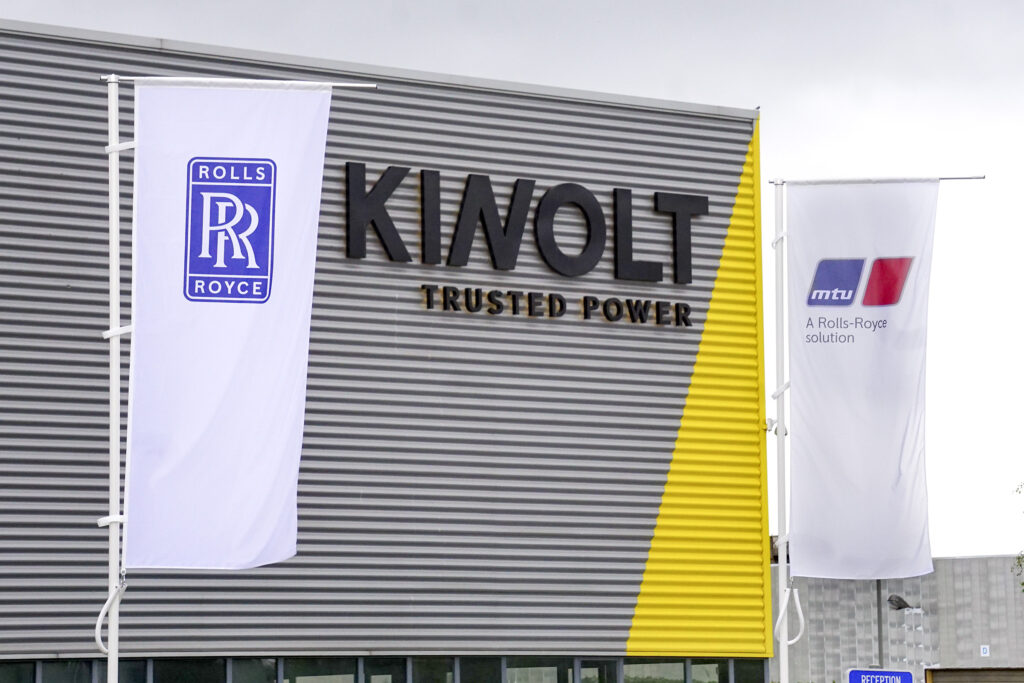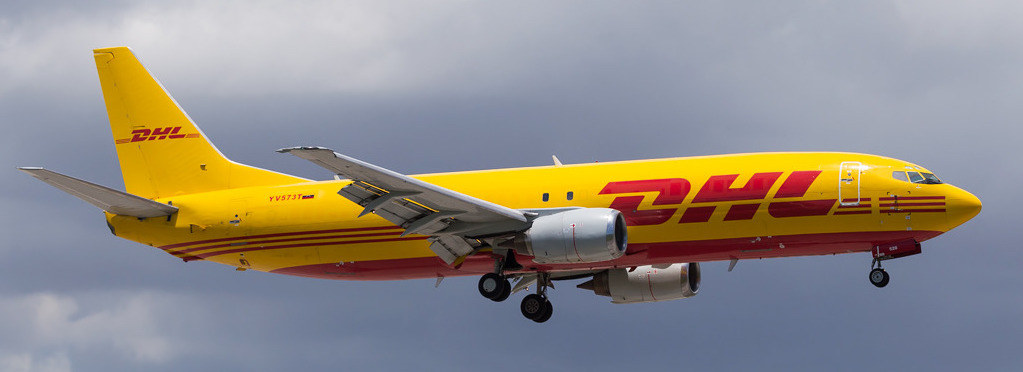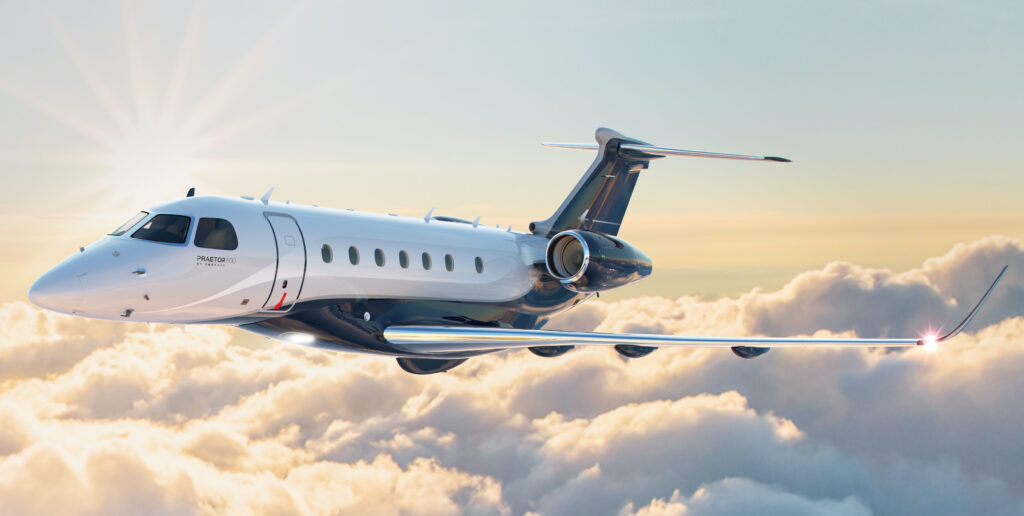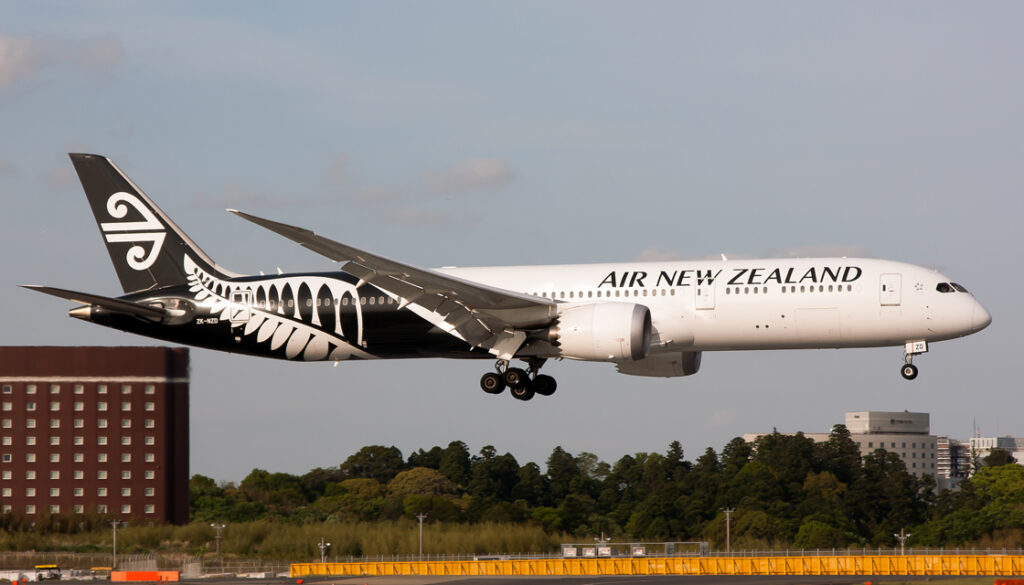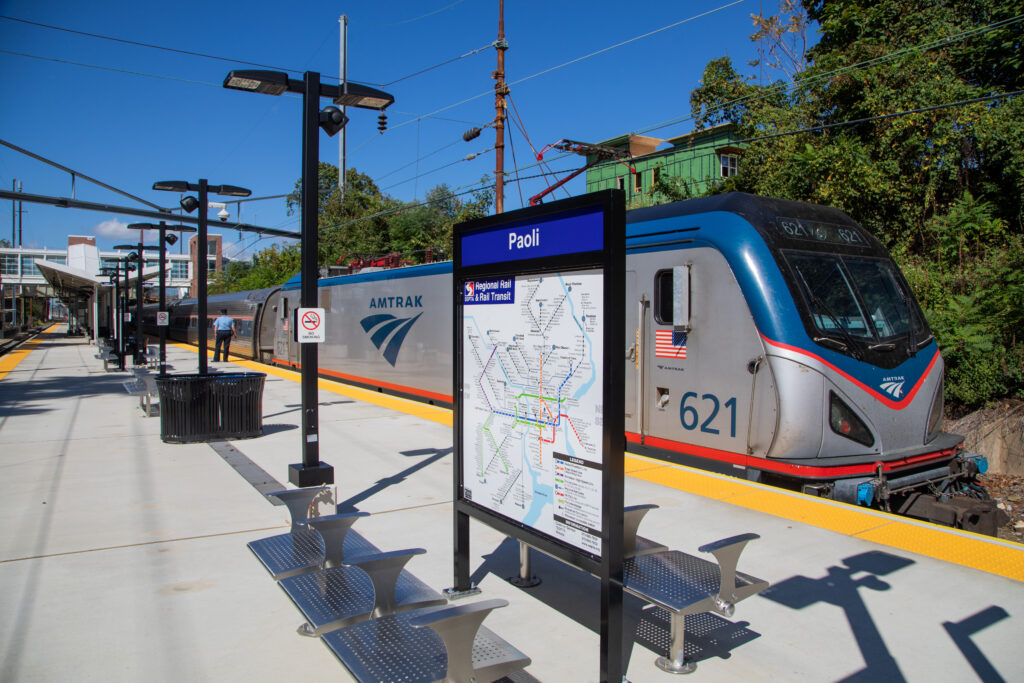More Rewards for Qantas Frequent Flyers as Travel Resumes
Qantas is making it easier for Frequent Flyers to use their points on domestic and Trans-Tasman flights, as more travellers look closer to home for their next holiday. For the rest of 2020, Classic Flight…

